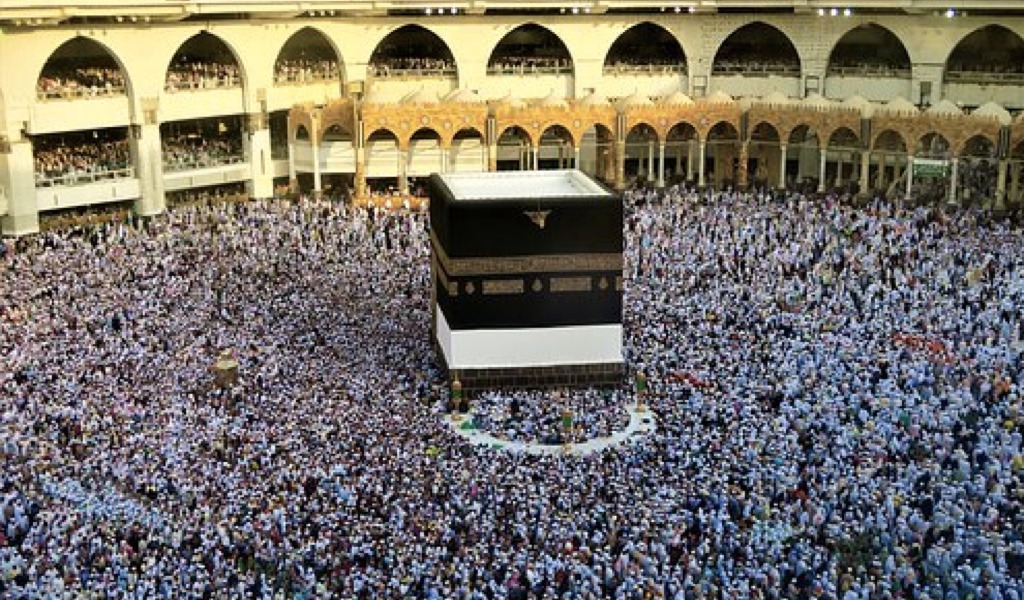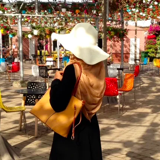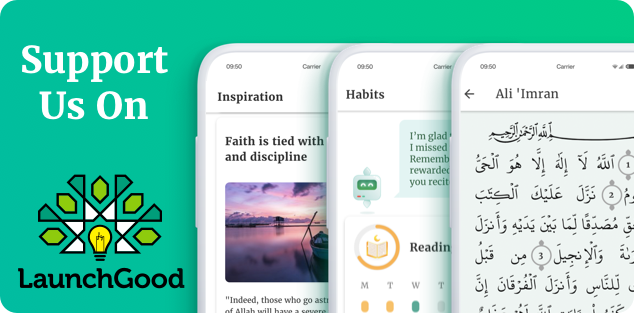When Ibrahim and his son built the Ka’bah, their du’a included this:
“…Our Lord, and make us Muslims (submitting) to You and from our descendants a Muslim nation (in submission) to You. And show us our rites and turn unto us (in Mercy). Indeed, You are the Accepting of repentance, the Merciful.” [al-Baqarah: 128]
The last bit is very interesting because it says ‘tub `alayna’ which means ‘turn to us’ but the term used is the same derivative as tawbah itself (which is what they’re requesting). Subhan’Allah, Ibrahim (as), the close friend of Allah, understood something that most of us don’t understand… There is a step before repentance; a process happens before any of us can repent and that is: Allah first turns to us in Mercy.
This is why in the story of Ka’b ibn Malik (who didn’t go on the Tabuk expedition along with 2 others), Allah says:
“And (He also turned to) the three who were left behind (and regretted their error) to the point that the earth closed in on them in spite of its vastness and their souls confined them and they were certain that there is no refuge from Allah except in Him. Then He turned to them (taaba `alayhim) so they could repent (li-yatubu). Indeed, Allah is the Accepting of repentance, the Merciful.” [al-Tawbah: 118]
…He first turned to them, so that they could turn to Him in repentance. Subhan’Allah, how merciful is Allah, and how arrogant we can be if we think that our repenting was from our own accord – no, it’s all from Allah `azza wa jall. So let’s learn a lesson from Ibrahim, the khalil (close friend) of Allah, and beg Allah to always turn to us, so that we can keep turning to Him.
Subscribe for Updates
Original content used with permission from:






